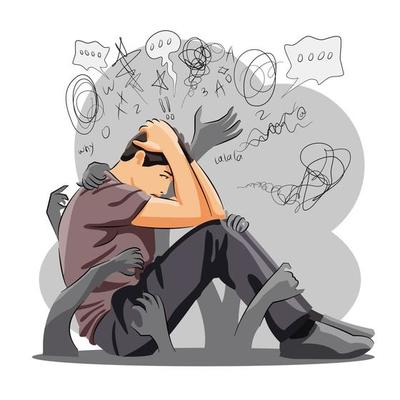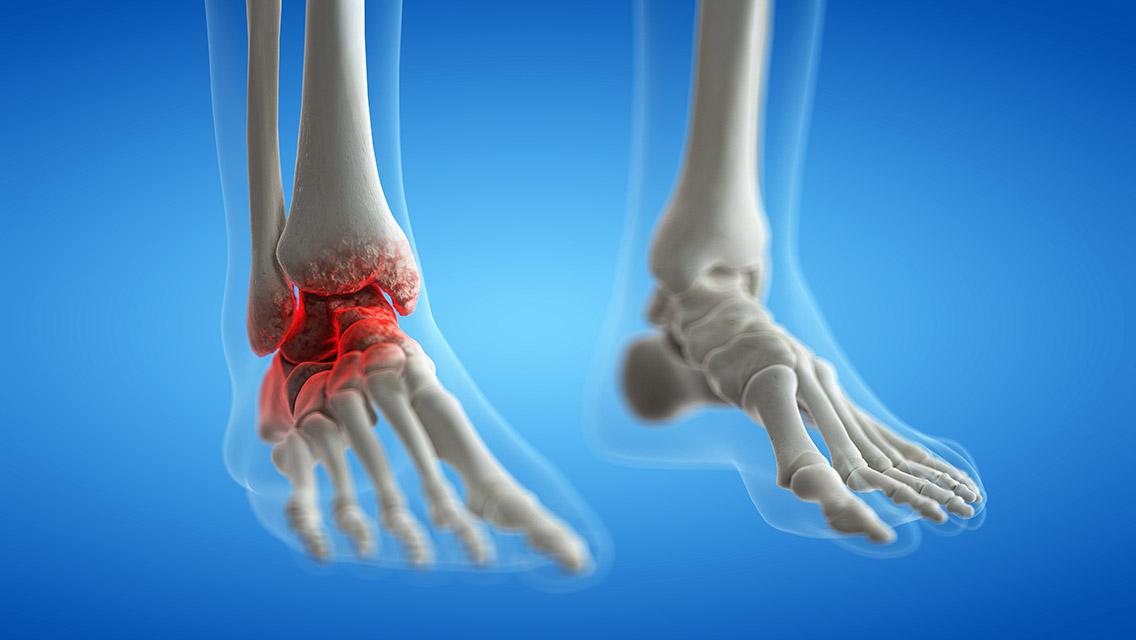Depression is a common and serious mental health condition that affects how a person feels, thinks, and handles daily activities. Also known as major depressive disorder or clinical depression, it can lead to a variety of emotional and physical problems. Understanding depression involves exploring its symptoms, causes, diagnosis, and treatment options.
Causes of Depression
Depression is a complex condition with multiple contributing factors. These can include biological, psychological, and environmental influences.
Biological Factors
- Genetics: Depression can run in families, suggesting a genetic predisposition.
- Brain Chemistry: Imbalances in neurotransmitters, the chemicals in the brain responsible for mood regulation, can play a role.
- Hormones: Changes in the body’s hormone balance, such as those related to pregnancy, thyroid problems, or menopause, can trigger depression.
Psychological Factors
- Personality Traits: People with certain personality traits, such as low self-esteem or being overly dependent, self-critical, or pessimistic, may be more prone to depression.
- Trauma and Stress: Past traumatic experiences, chronic stress, or significant life changes can contribute to depression.
Environmental Factors
- Life Events: Events such as the death of a loved one, financial problems, or a major life change can trigger depression.
- Social Isolation: Lack of social support and feelings of isolation can contribute to the onset of depression.
- Substance Abuse: Alcohol and drug abuse can exacerbate or lead to depression.
Diagnosis of Depression
Diagnosing depression involves a thorough evaluation by a healthcare professional. This process typically includes:
Clinical Interview
A detailed interview to discuss symptoms, medical history, and family history of mental health conditions.
Physical Examination
A physical exam to rule out other medical conditions that might cause similar symptoms.
Laboratory Tests
Blood tests to check for underlying medical conditions such as thyroid problems.
Psychological Evaluation
Use of standardized questionnaires and diagnostic criteria from the DSM-5 (Diagnostic and Statistical Manual of Mental Disorders, Fifth Edition) to assess the severity and duration of symptoms.
Treatment Options for Depression
Depression is treatable, and a combination of therapies is often the most effective approach. Treatment plans are tailored to the individual’s needs and may include medications, psychotherapy, lifestyle changes, and alternative therapies.
Medications
Antidepressants
Antidepressants are the most commonly prescribed medications for depression. They help balance the brain’s neurotransmitters. Common types include:
- Selective Serotonin Reuptake Inhibitors (SSRIs): Such as fluoxetine (Prozac), sertraline (Zoloft), and citalopram (Celexa).
- Serotonin and Norepinephrine Reuptake Inhibitors (SNRIs): Such as venlafaxine (Effexor) and duloxetine (Cymbalta).
- Tricyclic Antidepressants: Such as amitriptyline and nortriptyline (Pamelor).
- Monoamine Oxidase Inhibitors (MAOIs): Such as tranylcypromine (Parnate) and phenelzine (Nardil).

Psychotherapy
Cognitive Behavioral Therapy (CBT)
CBT helps individuals identify and change negative thought patterns and behaviors. It is highly effective for treating depression.
Interpersonal Therapy (IPT)
IPT focuses on improving relationships and communication skills, helping individuals deal with social and interpersonal issues that may contribute to depression.
Psychodynamic Therapy
This therapy explores past experiences and unconscious processes to understand how they influence current behavior and emotions.
Lifestyle Changes
- Exercise: Regular physical activity can help reduce symptoms of depression.
- Healthy Diet: Eating a balanced diet supports overall well-being.
- Sleep Hygiene: Maintaining a regular sleep schedule is crucial for mental health.
- Stress Management: Techniques such as mindfulness, meditation, and yoga can help manage stress.
Alternative and Complementary Therapies
Electroconvulsive Therapy (ECT)
ECT is used for severe depression that hasn’t responded to other treatments. It involves electrical stimulation of the brain under anesthesia.
Transcranial Magnetic Stimulation (TMS)
TMS uses magnetic fields to stimulate nerve cells in the brain. It is typically used when other treatments haven’t been effective.
Light Therapy
Exposure to bright light, especially in the morning, can help treat seasonal affective disorder (SAD), a type of depression related to changes in seasons.
Supplements
Certain supplements, such as omega-3 fatty acids, St. John’s Wort, and SAMe, may help alleviate symptoms of depression. However, it’s essential to consult a healthcare provider before starting any supplements.
Support Systems
- Support Groups: Joining a support group can provide a sense of community and understanding.
- Family and Friends: Having a strong support network of family and friends is crucial for recovery.
- Professional Support: Regular follow-ups with healthcare providers ensure that the treatment remains effective and adjustments can be made as needed.
Living with Depression
Living with depression requires ongoing management and support. Here are some strategies to help:
- Follow Treatment Plans: Adhering to prescribed medications and attending therapy sessions regularly.
- Educate Yourself: Understanding depression and its treatment can empower individuals to take an active role in their care.
- Build a Support Network: Surrounding oneself with supportive family, friends, and healthcare providers.
- Practice Self-Care: Prioritizing self-care activities, such as exercise, hobbies, and relaxation techniques.
Conclusion.
Depression is a serious but treatable mental health condition. With the right combination of medications, psychotherapy, lifestyle changes, and support, individuals can manage their symptoms and lead fulfilling lives. Early diagnosis and treatment are crucial for recovery, and ongoing support is essential for maintaining mental health.



